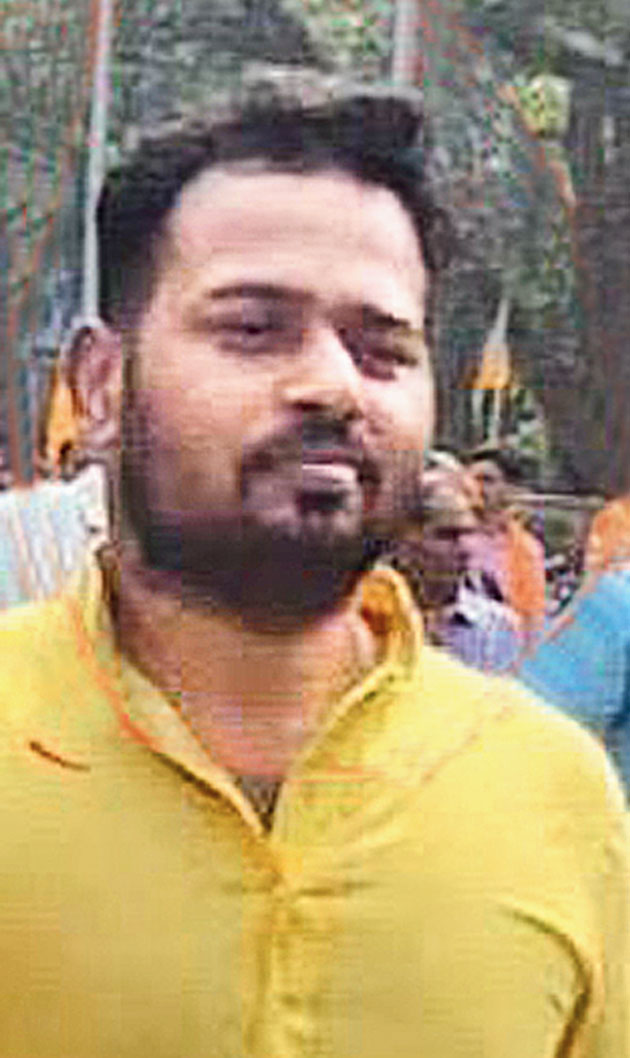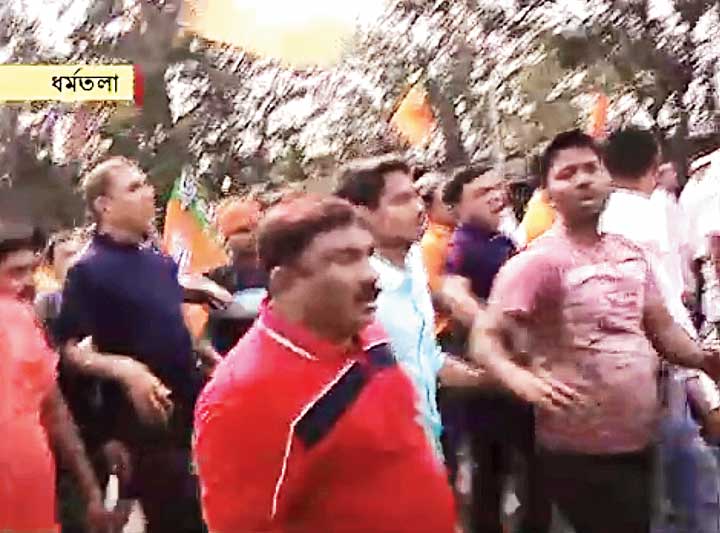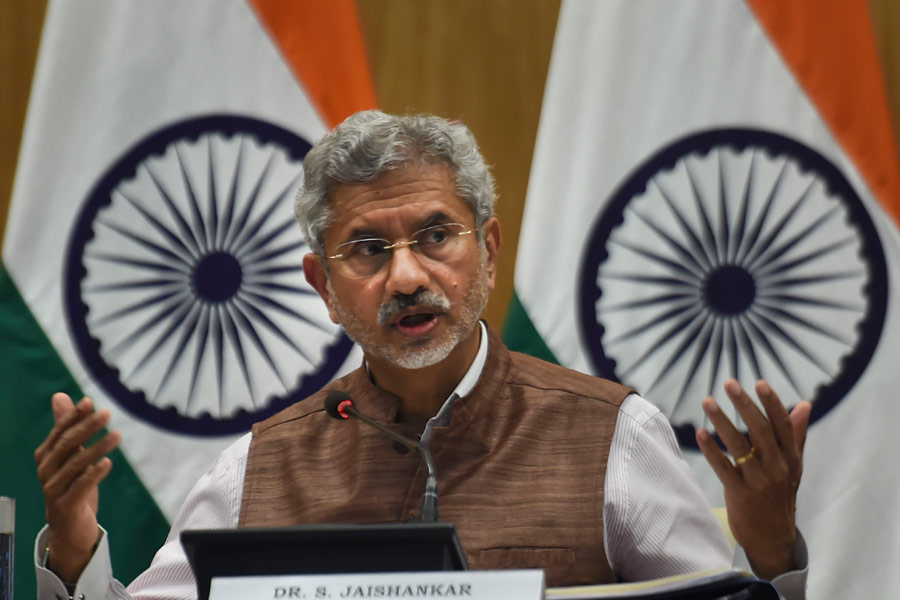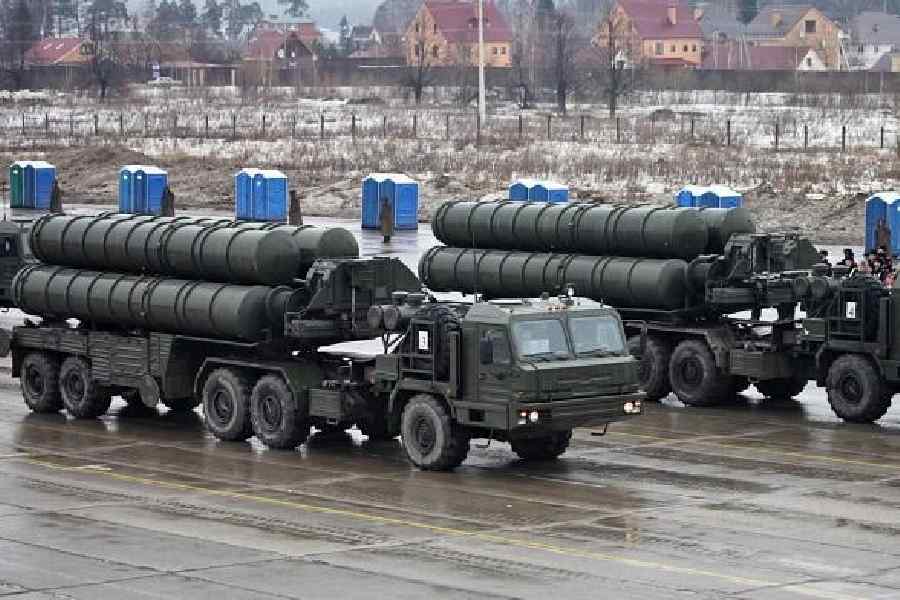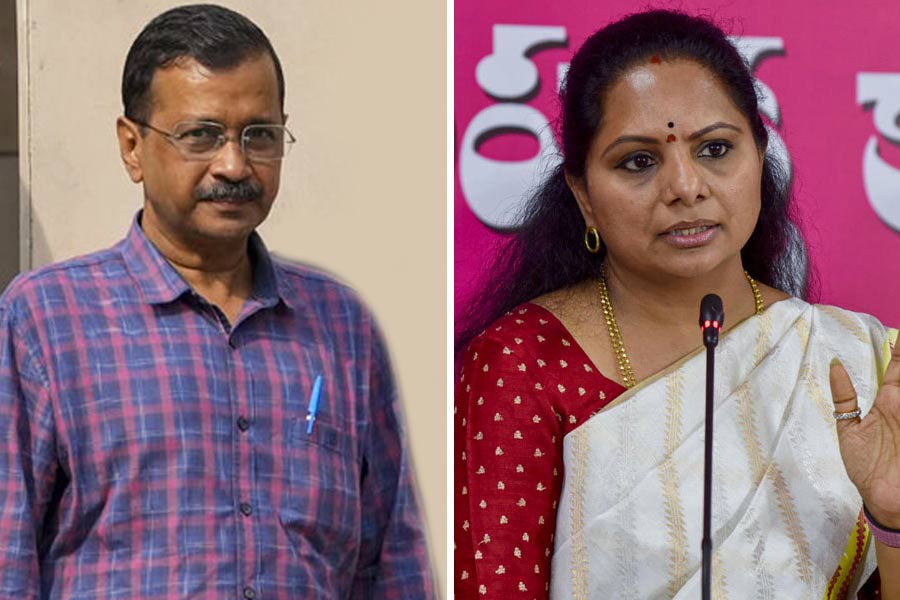Fires must be put out at the earliest, especially those that are lit to divide the people. Several people have been arrested by the police in Bengal for being part of a group that raised a provocative slogan while on its way to an event in Calcutta in which the Bharatiya Janata Party leader and Union minister, Amit Shah, was being felicitated. “Goli maaro (Shoot the traitors)”, the slogan perfected by sympathizers of the BJP to poison the air, has now made its way to Bengal from Delhi, where some senior leaders of the party stand accused of incitement during the assembly elections. The law on incitement is in place. Yet, hate speeches abound in New India. This anomaly can perhaps be explained by the support for motormouths from the political establishment. This support, of course, is not explicit. Mr Shah himself had conceded that incendiary speeches may have cost the BJP the Delhi polls. Even the Rashtriya Swayamsevak Sangh — it seldom shies away from airing contentious opinion — had publicly objected to the BJP’s divisive campaign strategy. Yet, ‘goli maaro’ and other expressions of vitriol continue to rent the air in BJP gatherings. This can only mean that the party, while appearing to tread the high moral ground, is not serious about distancing itself from disseminating a polarizing rhetoric. The BJP’s reluctance is politically expedient. A large part of its electoral success can be attributed to widening, or creating anew, fissures in the republic’s iniquitous social structure. The success of this strategy has been enviable. The BJP not only commands a sizeable political footprint in New India but has also managed to demonize dissent. But the consequences of this pursuit have been disastrous, undermining the future of India’s pluralist democracy.
The Bengal government’s decision to nab those fanning the flames has been decisive. Such interventions should be immediate and fair. The law should be invoked to check troublemakers irrespective of their party affiliations. Firm administrative action, however, will not be enough to stop the march of hate. The wicked campaign must be matched by a robust counter-narrative, espousing the wisdom of India’s traditions that have always championed brotherhood, peace and accommodation. The role of civil society in healing the wounds being inflicted by politics is not to be undermined. That the BJP’s hate campaign has been met by peace marches organized by apolitical collectives is a heartening sign.


